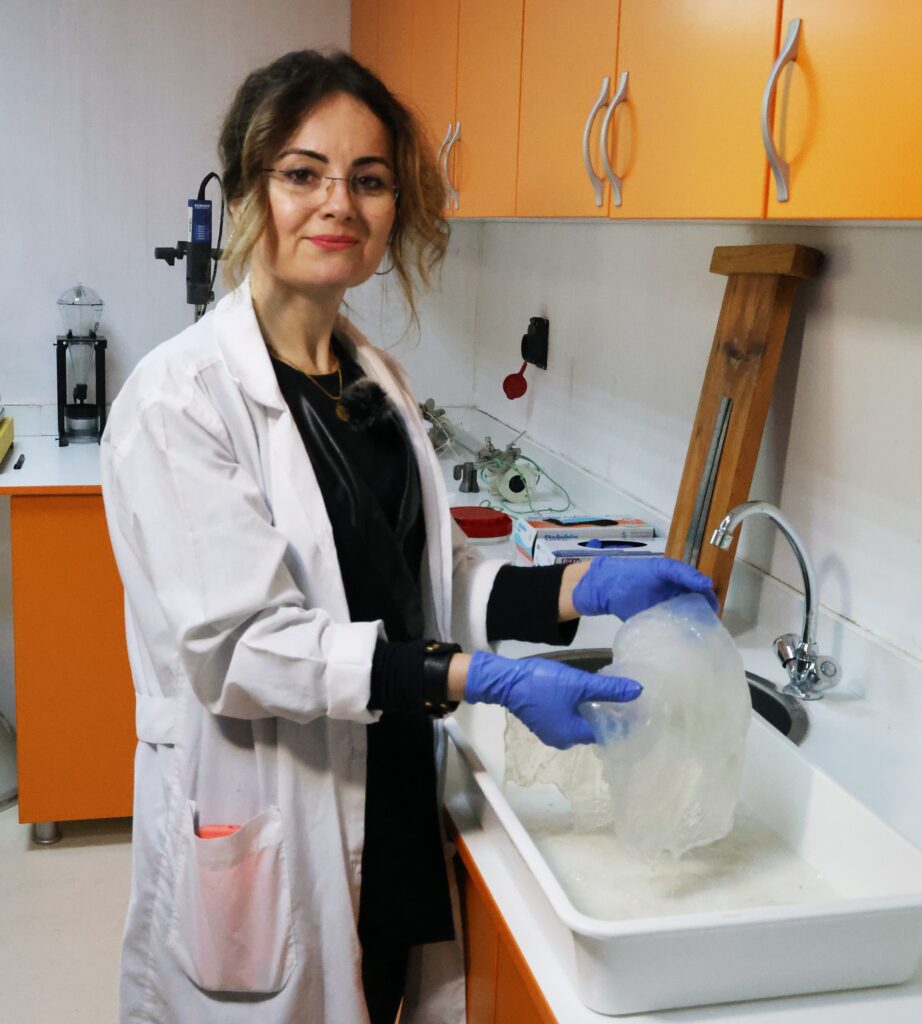Jellyfish Offer Hope for Cancer

- Jellyfish Offer Hope for Cancer
Associate Professor Dr. Nurçin Killi from Muğla Sıtkı Koçman University’s Faculty of Fisheries revealed that they have been isolating the venom of jellyfish, whose numbers have been increasing each year on the coasts of the Mediterranean and Aegean, and testing it on cancer cells in laboratory conditions, yielding positive results. The rising numbers of jellyfish due to factors such as high sea temperatures, pollution, the arrival of foreign species due to shipping traffic, and increased coastal structures indicate that their venom has the potential to be an alternative treatment for cancer cells, according to Dr. Killi. “We found that jellyfish venom is effective on cancer cells,” she said.
Conducting scientific research on the Rhopilema nomadica migrant jellyfish species washed ashore in the Marmaris district of Muğla, Killi stated, “We collect jellyfish samples from the field and bring them to our laboratory. We isolate the venom by passing them through certain stages. Here, I have a migrant jellyfish called Rhopilema nomadica. It is a species that is heavily observed in the Marmaris Gulf, Datça, Antalya, İskenderun, and Mersin Gulfs. This species has a strong burning property. Here, we are trying to isolate the burning cells called nematocysts of the jellyfish. We test the jellyfish venom on cancer cells within the framework of a TÜBİTAK project. In other words, we are researching the cytotoxic effect of jellyfish venom on cancer cells. The initial results we obtained were quite promising. We actually found that it is effective on cancer cells. At the same time, we tested it on healthy cells. We found that it is less lethal on healthy cells compared to cancer cells. This was what we aimed for,” she said.







